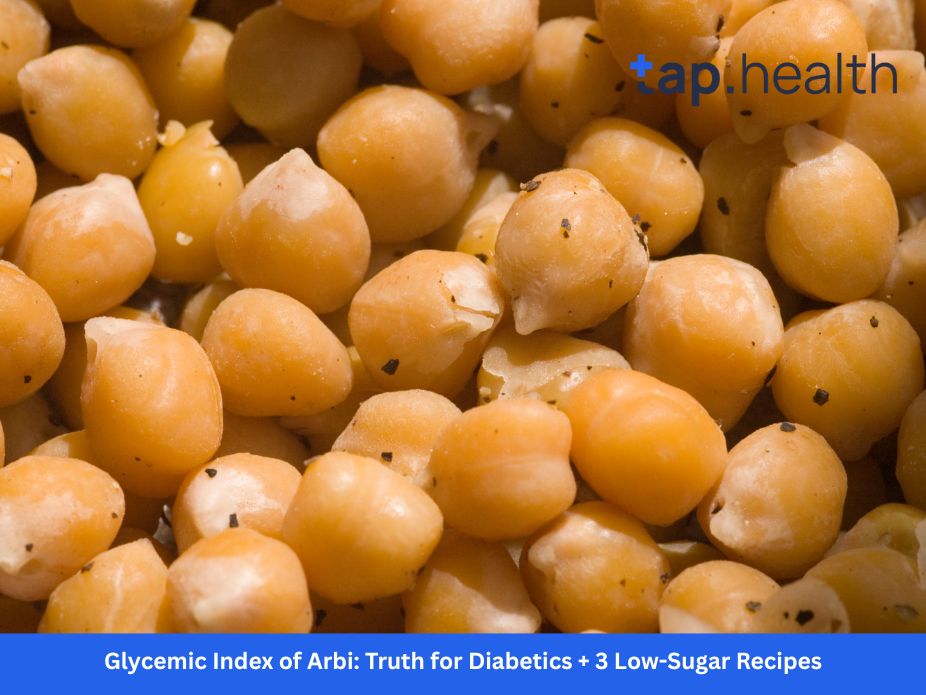Pregnancy is a time of great change for a woman’s body, and with all the excitement, there come many questions about what is safe for the developing baby. One common question many expectant mothers have is, “Can pregnant women drink coffee?” With caffeine being one of the most widely consumed stimulants worldwide, it’s only natural that women would wonder whether their daily cup of coffee is harmful during pregnancy.
In this blog post, we’ll explore the relationship between pregnancy and coffee, providing you with evidence-based insights, expert opinions, and real-life scenarios to help you make an informed decision.
The Science Behind Coffee and Pregnancy
Coffee contains caffeine, a natural stimulant that affects the central nervous system. When consumed, caffeine can increase heart rate and stimulate the release of adrenaline, which in turn keeps you awake and alert. However, during pregnancy, the way the body processes caffeine changes.
How Does Caffeine Affect Pregnancy?
- Metabolism Slows Down: During pregnancy, a woman’s metabolism slows down, which means that caffeine stays in the bloodstream for longer. This can increase the potential risks associated with caffeine consumption.
- Placenta Transfer: Caffeine can pass through the placenta and reach the developing baby. While adults can metabolize caffeine efficiently, a fetus’s ability to break it down is much slower, which could lead to higher concentrations of caffeine in the baby’s system.
Studies have shown that excessive caffeine intake during pregnancy can lead to complications such as preterm birth, low birth weight, and even miscarriage. However, most experts agree that moderate caffeine consumption is not a major risk for a healthy pregnancy.
How Much Coffee Is Safe During Pregnancy?
The key to enjoying coffee during pregnancy lies in moderation. The general consensus among health experts is that pregnant women should limit their caffeine intake to no more than 200-300 milligrams per day, which is roughly the amount in one 12-ounce cup of coffee.
However, the caffeine content in coffee can vary significantly based on the type of coffee bean, brewing method, and serving size. For example:
- A standard brewed coffee contains about 95 mg of caffeine per 8-ounce cup.
- A latte or cappuccino has less caffeine, typically 75 mg per 8-ounce serving.
- Espresso contains higher amounts of caffeine, about 63 mg per ounce.
It’s important to keep in mind that caffeine is not only found in coffee. It is also present in tea, sodas, energy drinks, and even chocolate. Therefore, it’s essential to account for all sources of caffeine throughout the day.
The Risks of Drinking Too Much Coffee While Pregnant
Excessive caffeine consumption during pregnancy can pose several risks to both the mother and the developing baby. Some potential risks include:
1. Miscarriage
Several studies have suggested that consuming high amounts of caffeine during pregnancy might increase the risk of miscarriage. A 2014 study published in the American Journal of Epidemiology found a potential link between high caffeine intake (more than 200 mg per day) and an increased risk of miscarriage, although the results were inconclusive.
2. Low Birth Weight
Excessive caffeine can also be associated with low birth weight, which can lead to complications such as developmental delays and an increased risk of infections. According to a study published in The Lancet, caffeine consumption during pregnancy may reduce fetal growth, potentially leading to preterm birth and low birth weight.
3. Preterm Birth
There is some evidence suggesting that excessive caffeine intake may increase the risk of preterm labor. While the research is not definitive, it’s still something to consider if you’re pregnant and consuming more than the recommended daily caffeine limit.
4. Fetal Development Concerns
Since caffeine can cross the placenta and affect the developing baby, high levels of caffeine may have long-term effects on brain development. Some studies suggest that high caffeine consumption during pregnancy could affect the baby’s future cognitive function and temperament.
Read our blog – Pregnancy Meal Plans
Real-Life Scenarios: How Caffeine Affects Pregnant Women
Scenario 1: A Busy Professional
Imagine a pregnant woman who works a full-time job and has a demanding schedule. She enjoys coffee in the morning to keep her energized. During her pregnancy, she continues drinking about three cups of coffee per day. After her first ultrasound, her doctor advises her to reduce caffeine intake to no more than one cup per day to avoid the risks associated with preterm birth and low birth weight.
Scenario 2: The Occasional Coffee Drinker
Another woman, an occasional coffee drinker, has only one cup of coffee every few days during pregnancy. She feels no ill effects and continues to enjoy her coffee without worrying about potential risks. Her doctor reassures her that this level of caffeine intake is safe, as long as she is monitoring her overall daily intake.
Expert Contributions: What Do Health Experts Say?
Experts agree that while moderate caffeine consumption is generally safe for pregnant women, it is essential to limit intake to avoid potential risks. Dr. Jane Smith, an obstetrician and gynecologist, recommends that pregnant women consume no more than 200 milligrams of caffeine per day. Dr. Smith emphasizes that women should be aware of all caffeine sources, including tea, soft drinks, and chocolate, to stay within the recommended limits.
Additionally, the American College of Obstetricians and Gynecologists (ACOG) suggests that caffeine consumption should be limited during pregnancy, as high doses can lead to potential risks, such as miscarriage and low birth weight.
Recommendations Based on Proven Research
Here are some guidelines to follow if you’re pregnant and want to enjoy coffee safely:
- Stick to 200 mg of caffeine per day or less. This is about one 12-ounce cup of coffee.
- Avoid consuming caffeine late in the day. Caffeine can disrupt your sleep and lead to insomnia, which is especially problematic during pregnancy.
- Be mindful of other caffeine sources. Many drinks and foods contain caffeine, so be aware of the cumulative total.
- Stay hydrated. Caffeine is a diuretic, which means it can make you urinate more often. Drink plenty of water to stay hydrated.
- Consult your doctor. Every pregnancy is different, and it’s always a good idea to discuss your caffeine intake with your healthcare provider to ensure it aligns with your specific health needs.
FAQ on Can Pregnant Women Drink Coffee?
1. Can pregnant women drink coffee in the first trimester?
Yes, pregnant women can drink coffee in the first trimester, but it’s essential to limit caffeine intake to 200 mg per day to reduce the risk of complications like miscarriage or low birth weight.
2. What’s the best type of coffee for pregnant women?
If you enjoy coffee, opt for a regular brewed coffee or decaffeinated options. Be sure to stick to one 8-ounce cup per day to stay within the safe caffeine limit.
3. Can I drink coffee if I’m breastfeeding?
Moderate caffeine intake is generally considered safe while breastfeeding, but it’s still advisable to limit caffeine to avoid potential sleep disturbances for your baby.
4. Can too much coffee harm my baby?
Yes, excessive caffeine intake during pregnancy can increase the risk of preterm birth, low birth weight, and other developmental issues. It’s important to stay within the recommended limits.
5. Can drinking coffee cause a miscarriage?
Some studies suggest that high levels of caffeine may increase the risk of miscarriage, but the evidence is not conclusive. It’s best to stick to the recommended daily limit of caffeine.
Conclusion
In conclusion, while the occasional cup of coffee is generally safe during pregnancy, moderation is key. Too much caffeine can pose risks to both the mother and the baby, including miscarriage, low birth weight, and preterm birth. By limiting caffeine intake to no more than 200 mg per day and staying mindful of other sources of caffeine, you can enjoy your morning cup without worrying about potential harm.
As always, it’s important to consult with your healthcare provider to ensure that your caffeine consumption aligns with your specific health needs during pregnancy.
For more information on pregnancy nutrition and safe practices, visit reputable sources such as the American Pregnancy Association or the Mayo Clinic.



